
WUN-supported project “Mesh WiFi-based In-Home Health Monitoring System for Older Adults” gains traction
A team of researchers led by Professor He Chen from The Chinese University of Hong Kong (CUHK) has developed a Mesh WiFi-based In-Home Health Monitoring System for Older Adults with
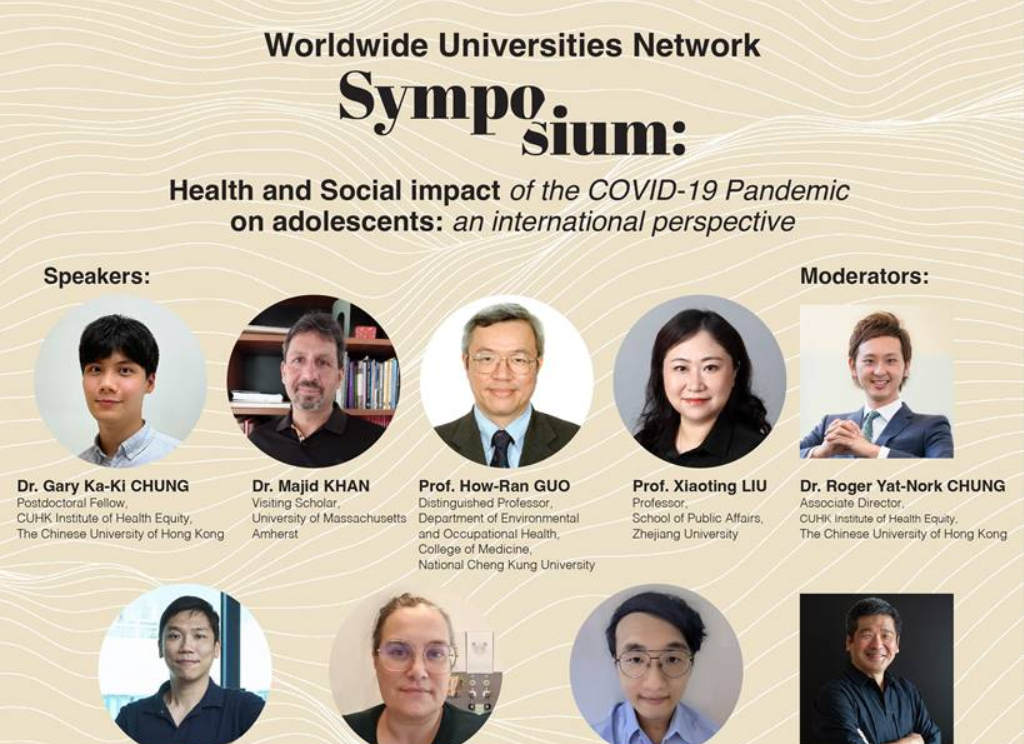
Worldwide Universities Network Symposium: Health and Social Impact of the COVID-19 Pandemic on Adolescents: An International Perspective
The CUHK Institute of Health Equity invites colleagues from WUN member universities to attend the Worldwide Universities Network Symposium: Health and Social Impact of the COVID-19 Pandemic on Adolescents: An

Sheffield researcher & WUN project lead recognised for her influence on social policy
Professor Sue Yeandle from The University of Sheffield has been recognised for her influence on social policy, and specialises in the relationship between work and care, and how social and

Where do climate migrants go?
As climate change renders populated areas uninhabitable, what does justice look like for those who must relocate? A forthcoming collection of papers in the journal Regional Environmental Change will address

Disaster risk governance differs for COVID-19 vs. other crises
A new study examines how government response to disasters differs when the risks stem from a communicable disease. The study, which will appear in the journal Frontiers in Public Health,

Pandemic worsens inequalities at all levels
Researchers gathered last month in South Africa to consider how governments handled COVID-19 and how those choices led to deepening inequalities at all levels of society. “The broad topic we
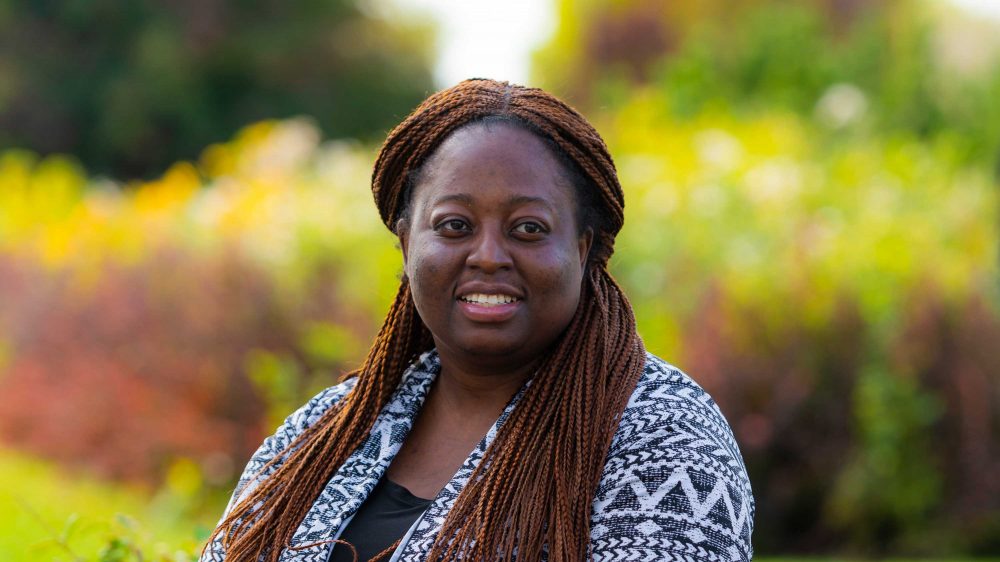
Research to support vulnerable migrant children
The WUN research group ‘African Child and Youth Wellbeing in the Context of Migration and Displacement’ is investigating African child and youth health in the context of migration and displacement.

Research for better health resource allocation
Healthcare policy-making is intended to improve population health and reduce health inequalities, and is most effective when informed by high quality research. This is particularly successful when academic institutions establish

African Child and Youth Wellbeing in the Context of Migration and Displacement
A global research group supported by WUN is working to boost the wellbeing of African children and young people who have migrated or been displaced. Many African communities have high

A planetary health pledge to unite health professionals in the Anthropocene
The inVIVO Planetary Health network, which has its origins in a 2012 WUN Research Development Fund grant, pursues positive change that reflect the link between people and place. In a November 2020 publication in The Lancet, researchers from inVIVO appealed for health professionals to pledge their dedication ‘to the service of humanity, and to the protection of natural systems on which human health depends.’ We asked experts around the Worldwide Universities Network for their perspectives on the pledge and its effort to expand the interpretation of ‘first do no harm’ to reflect human connections to the planet. Click through for more.
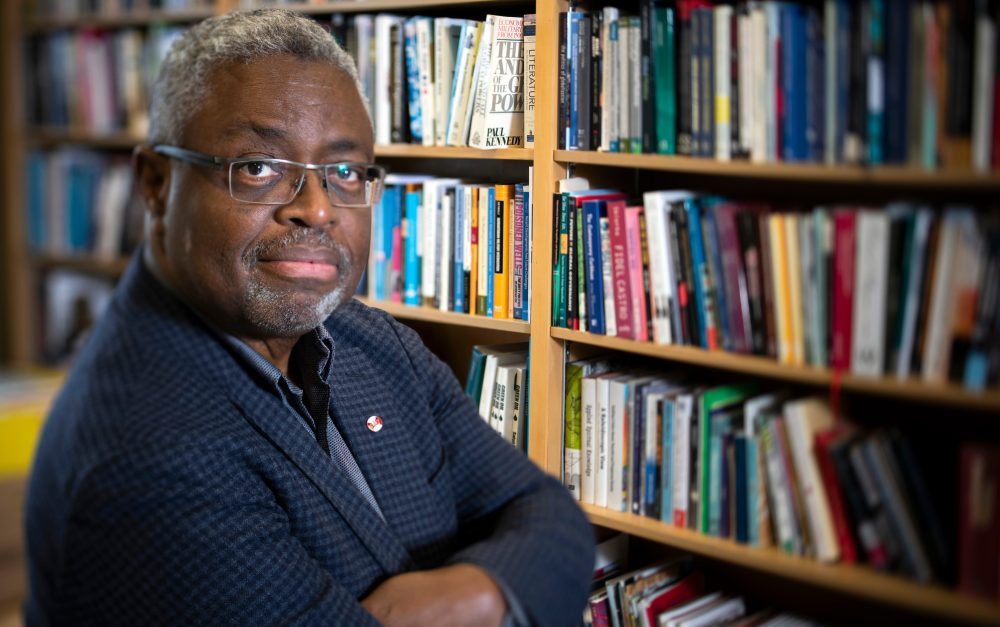
Exploring a global vaccine certification program
The WUN research group ‘Norms, standards, and enforcement of the COVID-19 International Certificate of Vaccination’ is investigating how a global vaccination certification protocol might be developed and implemented. The project
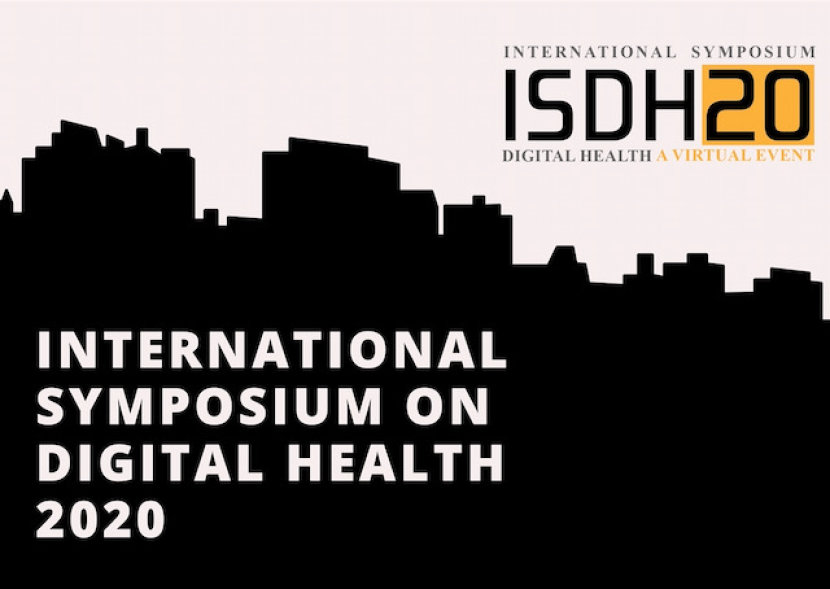
International Symposium on Digital Health 2020
SUMMARY Digital infrastructures and the data they can harness are opening up new possibilities for health care. The potential benefits are extremely wide-ranging, and with digital health technologies developing so
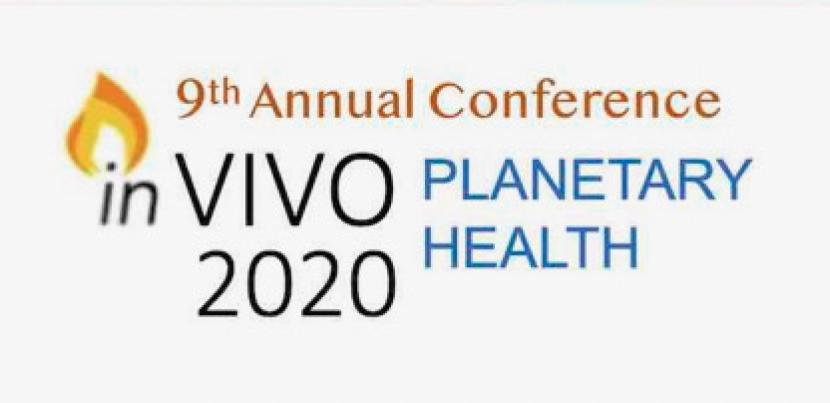
Register now for inVIVO’s 9th annual conference
WUN is delighted to share details of the upcoming inVIVO Planetary Health 9th annual conference. Please vist this link for information on their program, and to register. inVIVO Planetary Health provides an integrative systems framework
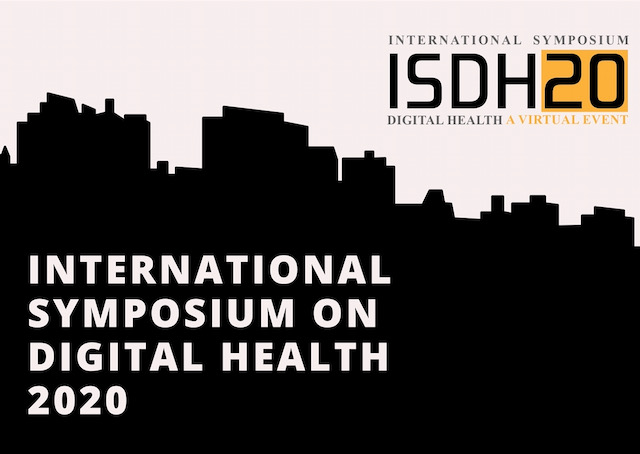
WUN research group to hold international symposium: Digital Health In COVID-19
The International Symposium on Digital Health is an annual event that connects international experts and professionals from the healthcare and engineering sectors in the promotion of interdisciplinary research in digital health. Click through to learn more about this upcoming free virtual symposium.

CUHK Study Suggests Hot Nights Pose Greater Threat to Public Health
A study done by the Institute of Future Cities at CUHK reveals that hot nights pose greater threat to public health than hot days and better urban planning and building design are needed to mitigate the impact.
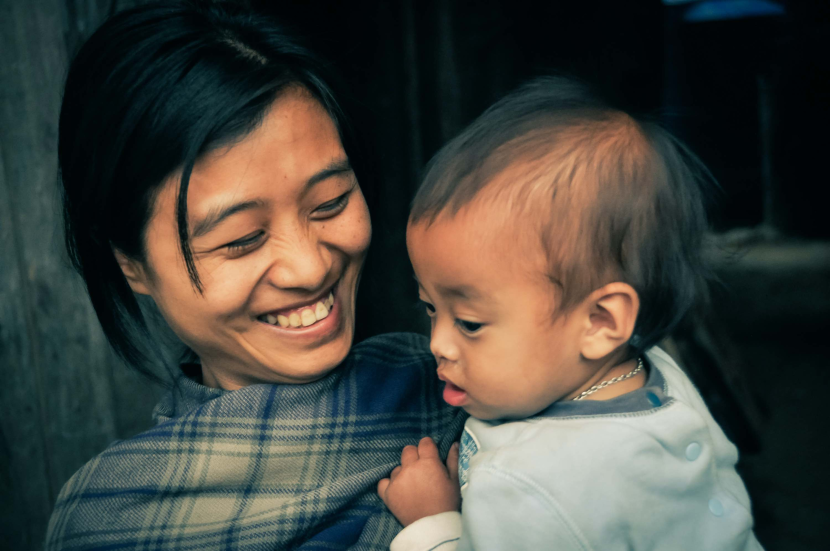
Trauma, climate change, and maternal health: increasing impacts, trans-generational effects
Stressors and traumas such as violence and abuse, the effects of poverty, and the experience of emergencies or disasters have a major impact on the health of pregnant women and their children.
As the impact of climate change multiplies the threats, understanding why and how we can make effective and early interventions is paramount.
Click through to read the full story.

Infections and allergies: a cross-generational riddle
In 2015 a WUN-funded research collaboration among the Universities of Bergen, Cape Town, and Southampton set out to understand whether parasite exposure is having an impact on allergy rates. Their research since suggests that the answer is yes, but exactly what is happening and why remains a mystery. Click through to read the full story.
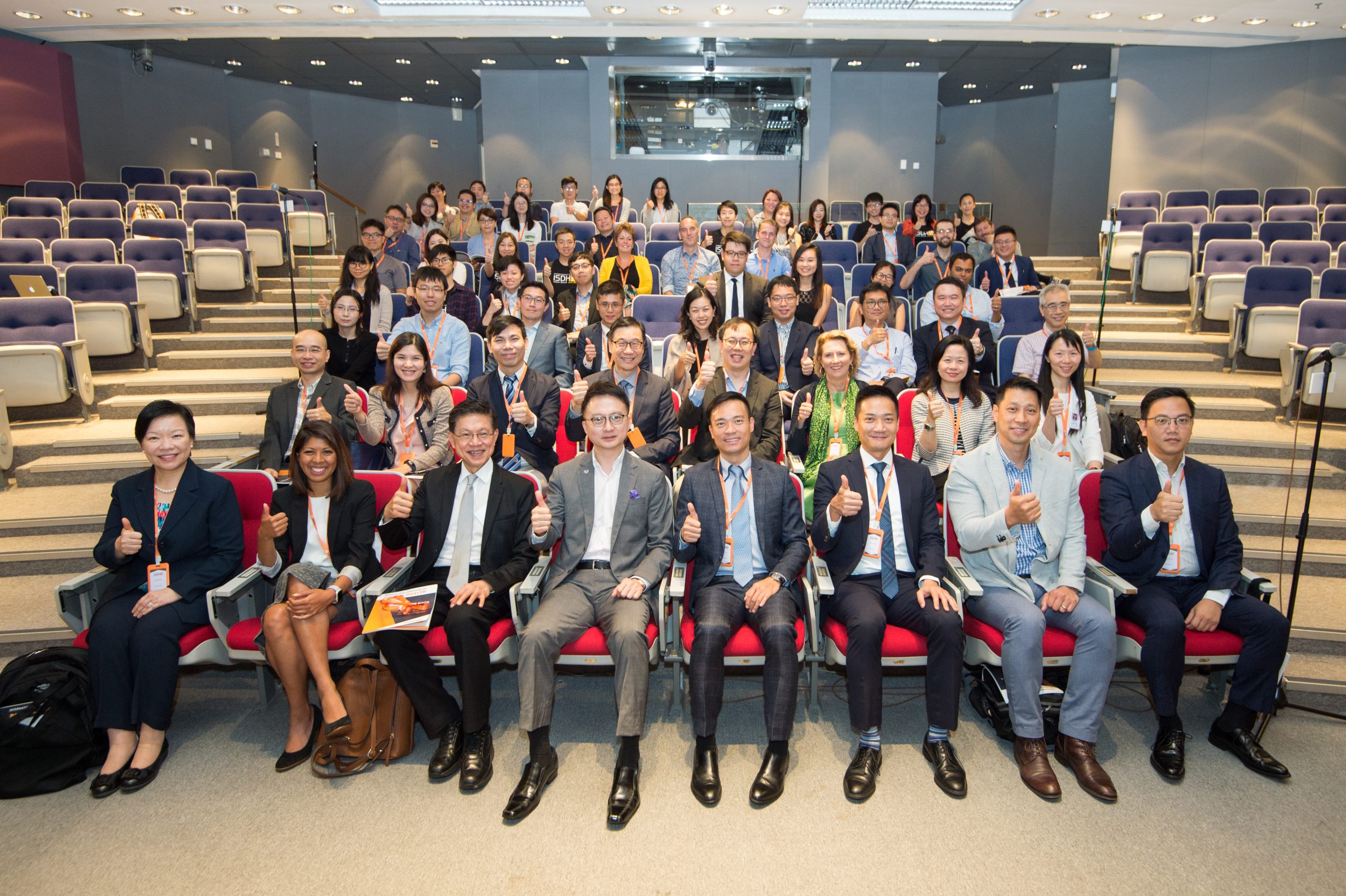
WUN funding helps lay foundation for international cooperation on digital health
New technologies are capturing different information about health and treatments, opening up new pathways for more efficient and effective care. With its distinctive collaborative model, the WUN Digital Health Research Network has founded a new international society and is developing methodologies for studying and evaluating digital health innovations. Click through for the full story.

Smart research, smart policy, smart care
By 2050, the world’s population of people over the age of 60 will double, which has significant implications for sustainable development. The World Health Organisation’s Decade on Healthy Ageing 2020–2030 calls for concerted, catalytic and collaborative action to improve the lives of older people, their families and the communities in which they live. PI Professor Ka Lin (Zhejiang University, China) says the WUN-funded research he’s been leading has yielded several significant findings in this area since the collaborative project kicked off in 2018 with the construction of a new analytical framework that brings innovation studies together with elderly care studies.

Register for inVIVO 2019
The inVIVO Planetary Health network (formerly WUN inFLAME network) announced speakers and topics for inVIVO 2019, held 15-17 May 2019 in Detroit.
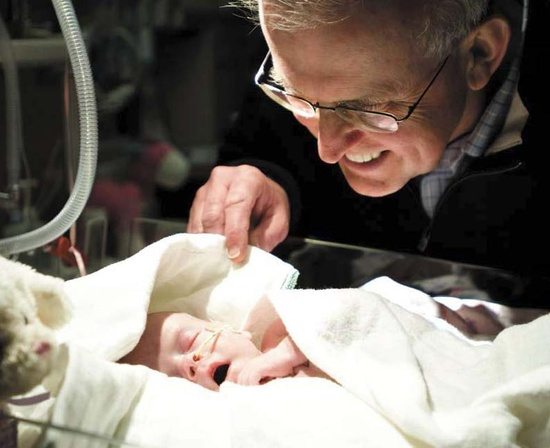
WUN OPERA Europe 2018 Workshop
The Opera Europe 2018 workshop was held in Pforzheim, Germany, from 11-12 December 2018. OPERA is a WUN-supported initiative dedicated to improving pregnancy outcomes for women and babies at risk.

From Maastricht to Edmonton: WUN Cultivates International Research Connections
Michielse returned to Edmonton in the fall of 2018 to join Malykhin in his lab as part of a larger partnership the University of Alberta has with the Worldwide Universities Network (WUN).

inVIVO Abstracts and Travel Awards – NOW OPEN
Apply for a travel grant by 15 January 2019 and submit your abstract by 15 February 2019.

Boosting maternal resilience after wildfire
WUN research: an inexpensive and easily replicable journalling exercise can build resilience in pregnant women affected by natural disaster.

WUN Public Health Global Challenge Workshop 2018
Promoting adaptability across the life course
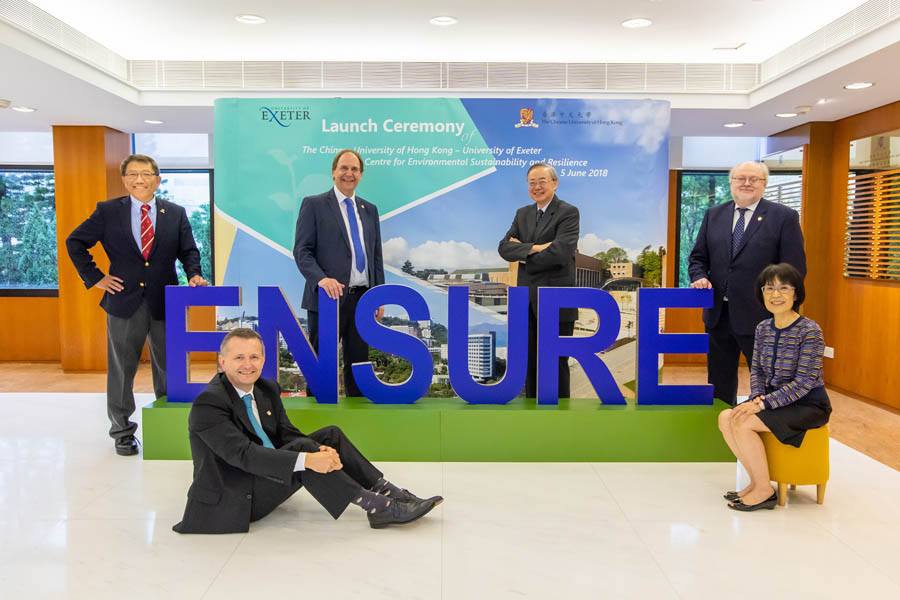
CUHK Launched Joint Research Centre with University of Exeter
CUHK and one of the University of Exeter launched a new HK$20m joint research centre to embark on large, impactful interdisciplinary collaborations to tackle emerging issues related to a changing environment and human health and well being.

inFlame continues its mission of personal, public and planetary health as inVIVO Planetary Health
International Inflammation Network announces name change

Strengthening health priority in Ethiopia with funding from Gates Foundation
A grant of 3 million US dollars from the Bill & Melinda Gates Foundation is enabling the University of Bergen professor Ole Frithjof Norheim and his research group to teach health priorities to Ethiopian students.

Communicating Good Health and Wellbeing: Promotion, Advocacy, Resilience
Call for Papers:
We invite you to submit proposals for presentations (research, policy, advocacy, best practice and related areas) on the above. We are particularly interested in topics related to:
- The growth of anti-expert, anti-vaccination, and anti-health messages, groups and discourses
- Critical understandings of transactional approaches to health and mental health
- The relationship between health promotion, wellbeing, resilience (critically understood)
- Best practices in health promotion and advocacy
- Related topics in medical humanities, health sociology, health communication, mental health advocacy, strategic communication, critical approaches to bodies, care and wellbeing.
To submit: please email a proposal to ComHealth2018@gmail.com, with the following information:
(i) title, (ii) 250-word abstract, (iii) full name and affiliation(s), (iv) email address.
Proposals due: Friday 30 March 2018
Notification: Friday 13 April 2018
Event: 28-29 May, held at UWA Crawley Campus, Perth, WA.

ECR Scholarship Opportunity for participation in WUN Public Health Workshop Perth WA May 2018
Scholarship Opportunity for early career researchers to participate in WUN academic workshop Promoting Adaptability across the Life Course held in Perth on 21-22 May 2018.
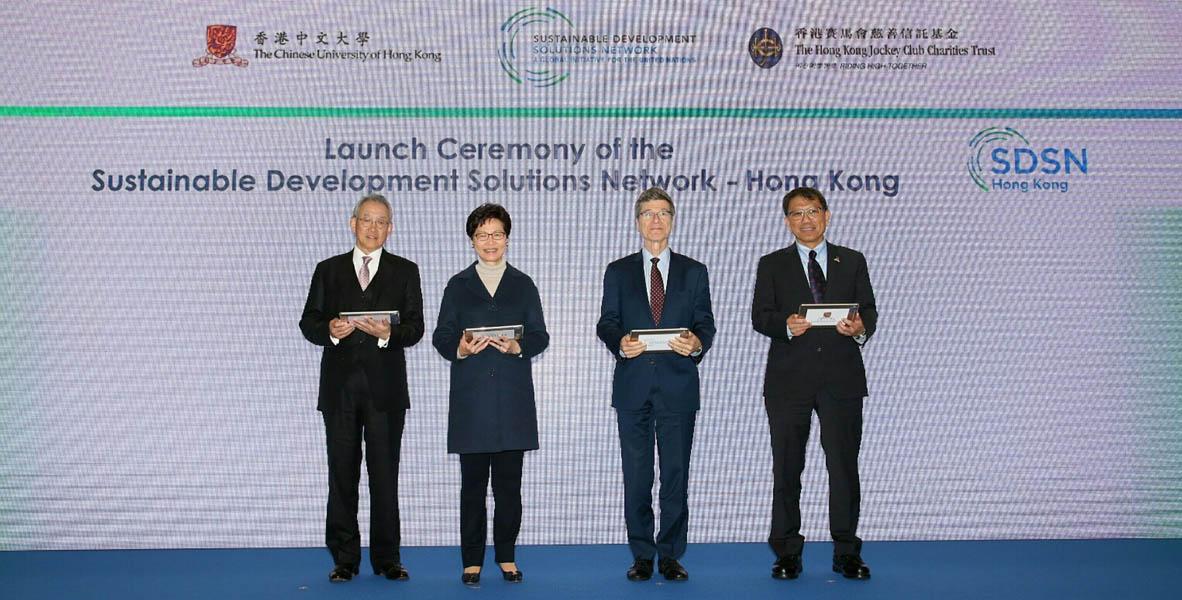
SDSN Hong Kong Launched at CUHK
CUHK and the Hong Kong Jockey Club Charities Trust join hands to co-host the Hong Kong chapter of the UN Sustainable Development Solutions Network.
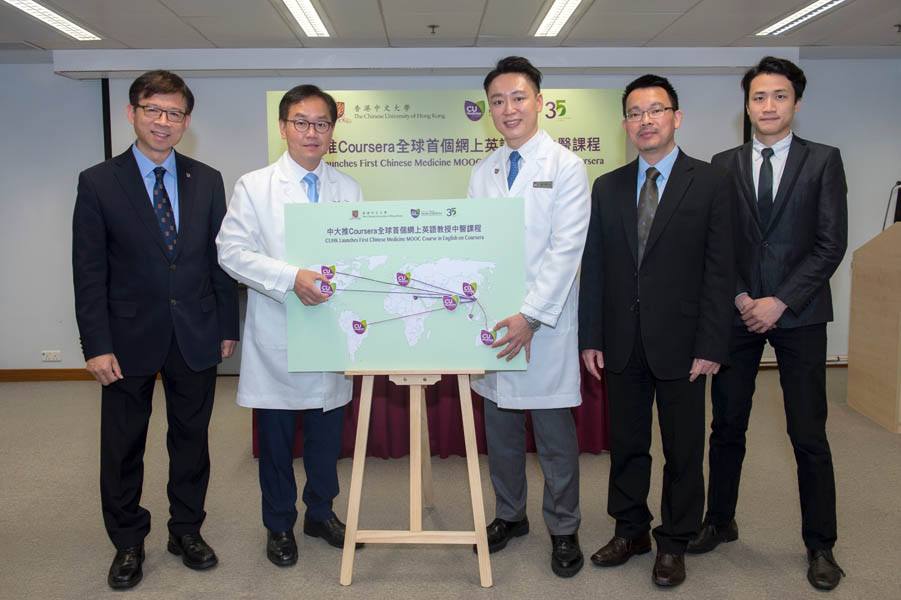
CUHK Develops First English-taught Chinese Medicine MOOC
A team from the Faculty of Medicine at CUHK has developed a Chinese medicine MOOC in English and Asia’s first Chinese medicine clinical evidence online portal which gathers studies from around the world.
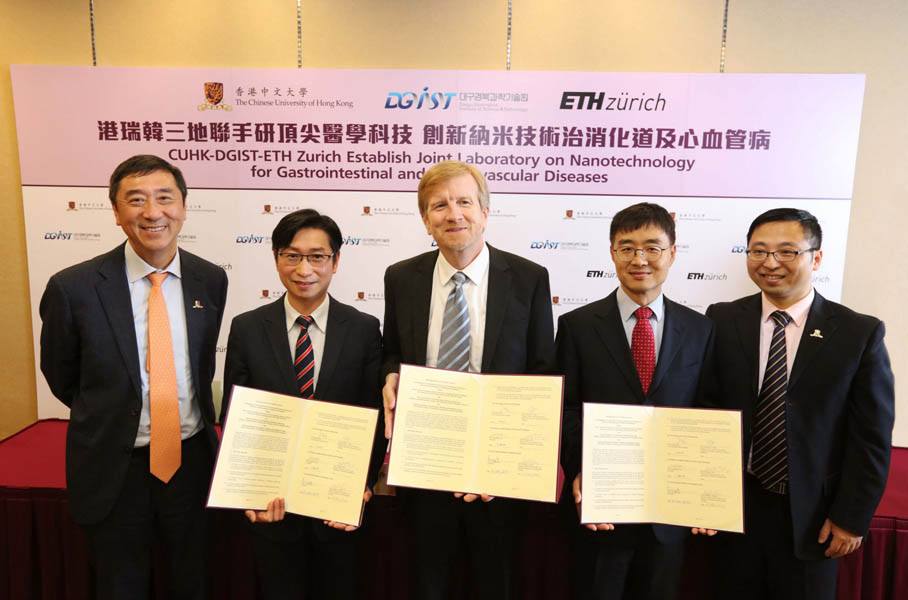
CUHK Establishes Joint Lab with ETH Zurich and DGIST
The CUHK-DGIST-ETH Zurich Joint Research Laboratory on Innovative Nanotechnology for Medicine and Healthcare was recently formed to promote the R&D of innovative technologies for the diagnosis and treatment of gastrointestinal and cardiovascular diseases.

Research in Focus: The art of resilience
Helping adolescents and the people who work with them adapt positively to adversity is the aim of this ambitious collaboration between researchers in South Africa, the UK & China.
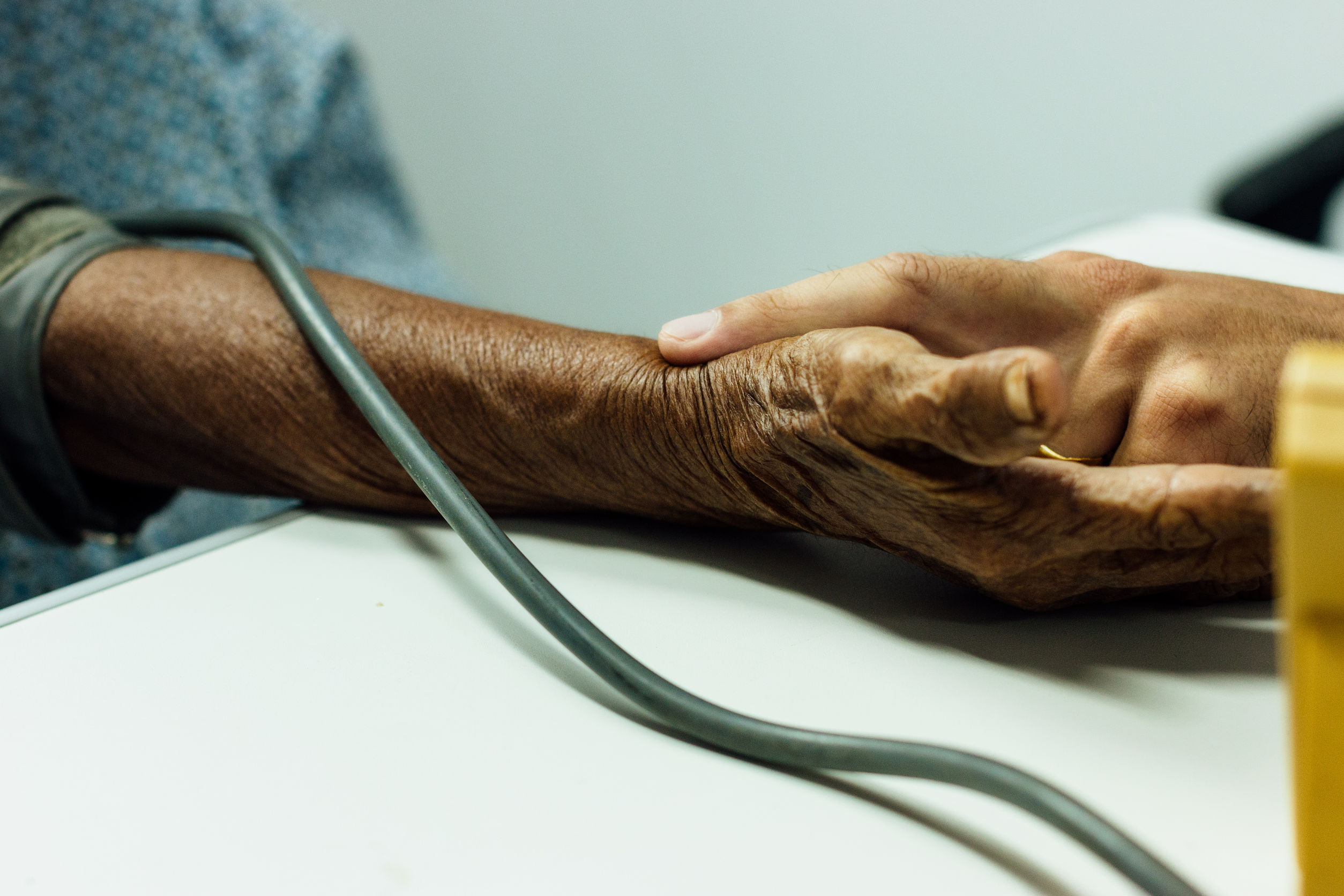
Research in Focus: Healthy ageing for all
How life-course research can help more of us stay healthy as we age

Submit your abstracts for inFLAME 2018
Early Career Researcher travel grant opportunity to attend the International Inflammation Network (inFLAME) annual meeting in Canmore, Canada, 4-6 April 2018
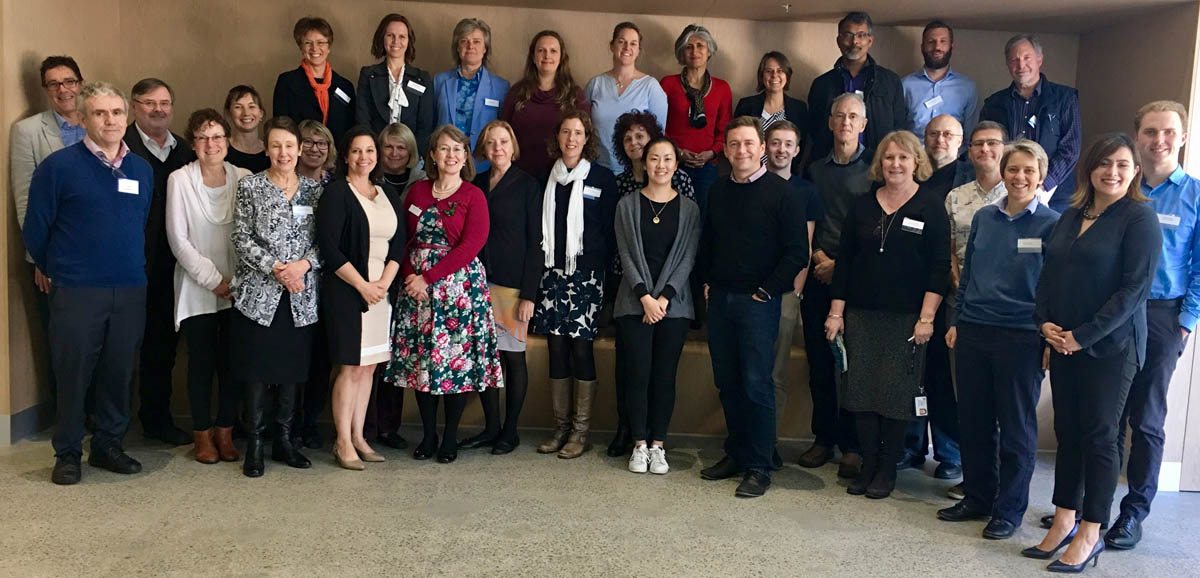
The DREAMS Network workshop
WUN Project the DREAMS Network organised second workshop.
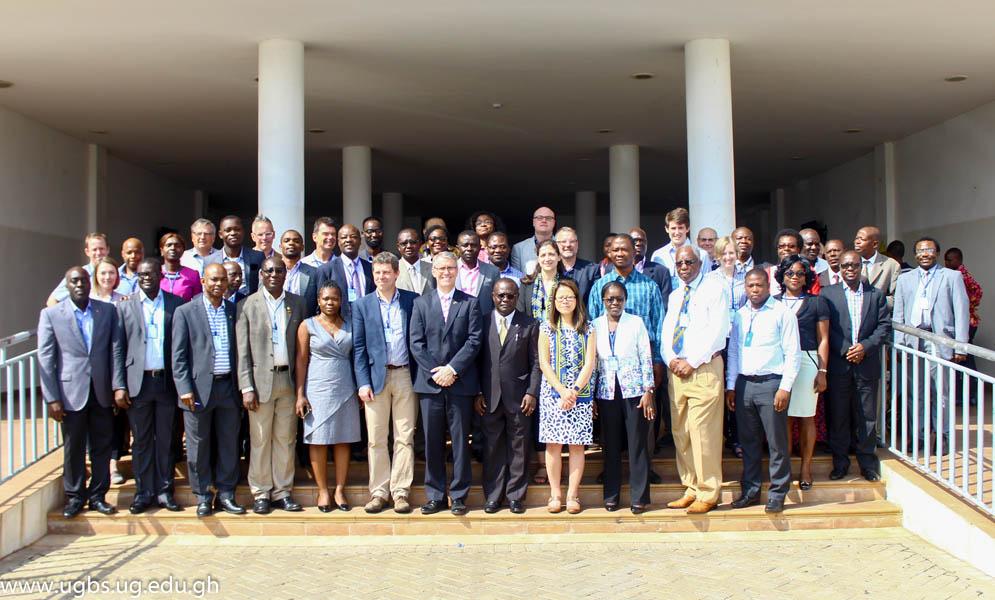
WUN Global Africa Group Inaugural Strategic Workshop
The World Universities Network Global Africa Group launched its inaugural Strategic Research Workshop, hosted by the University of Ghana, in July 2017.
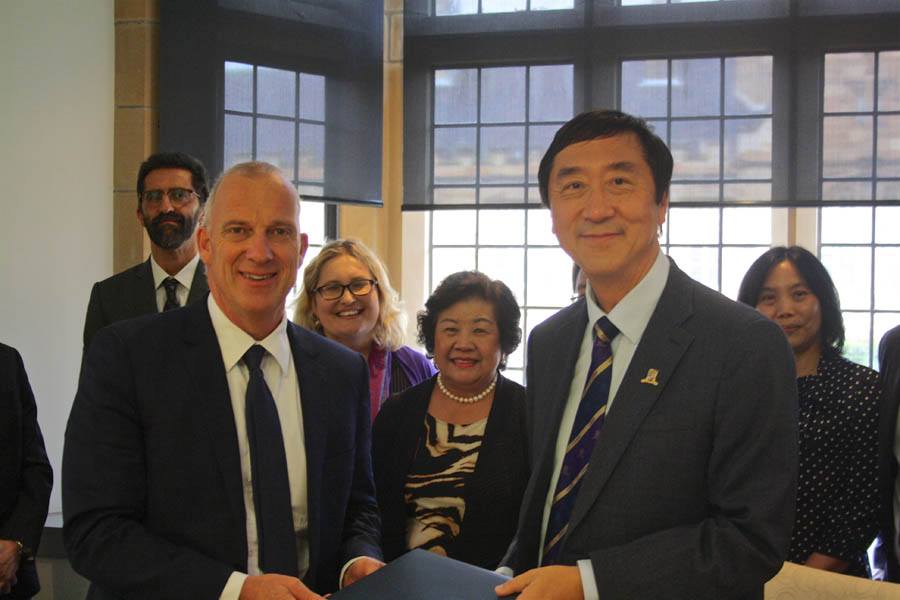
CUHK and the University of Sydney Join Hands to Advance Integrative Medicine Research
CUHK and the University of Sydney established a joint laboratory to share the best of information technology, data analysis, and clinical research for the advancement of evidence-based integrative medicine.
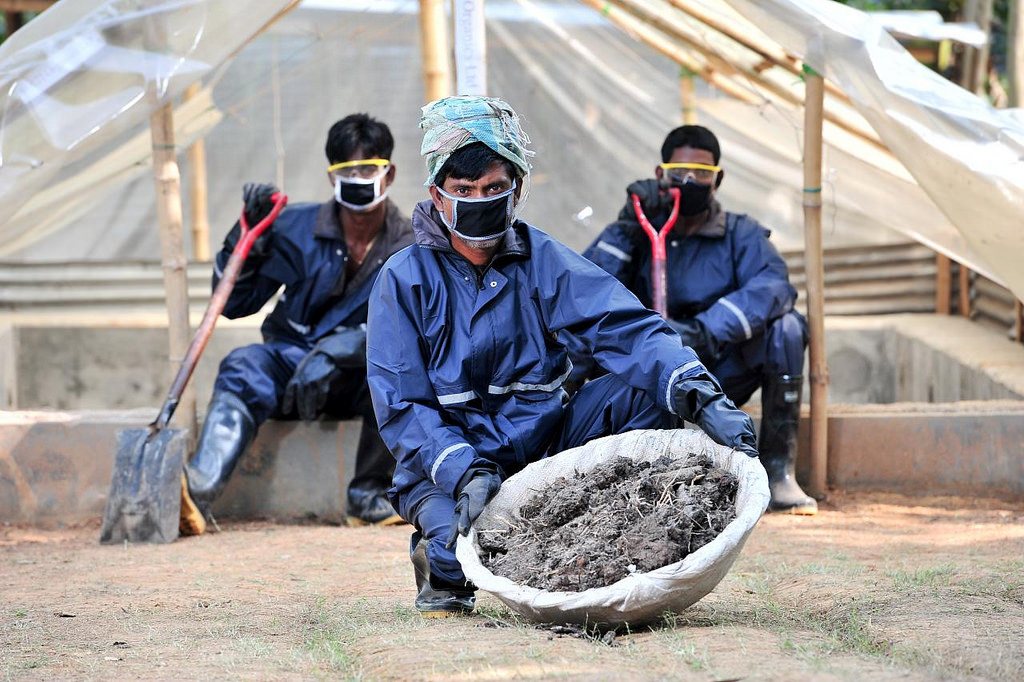
Spreading the cost to transform sanitation
Developing countries struggling to cope with huge volumes of human waste may finally get some relief – and a new business opportunity.
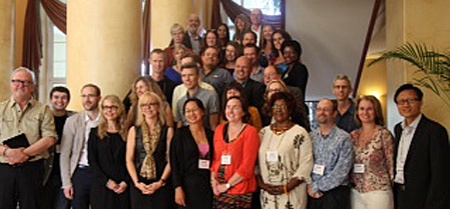
Research in Focus: in-FLAME
Research in Focus: in-FLAME
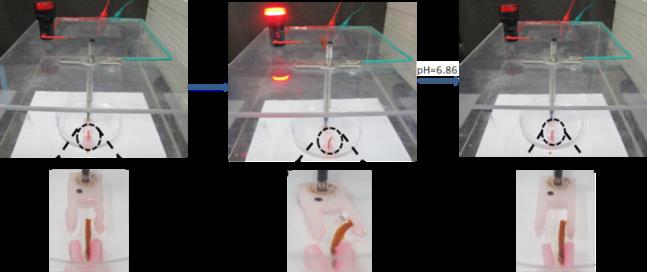
Novel Glucose-Responsive Hydrogels for Glucose Detection
WUN supported research group has introduced novel Glucose-Responsive Hydrogels for Glucose Detection.

CUHK Develops First Local Platform for Urban Big Data Integration & Analysis
The Institute of Future Cities at CUHK has developed the first platform in Hong Kong for integrating and analysing urban big data in an effort to help Hong Kong to become a smart city in the areas of personalized health monitoring, urban planning, air quality, and social care.

New study on asthma provides strong argument for focusing on the environment of young men
“It has been very difficult to get these [results] published, because the concept of adolescent boys, having impact on their offspring born years later is new and editors could not believe our findings. I think that the WUN can inspire further research to support our findings and convey the new concepts to public health policy makers…”

WUN Legumes Group publishes in Nature Plants
Multi-disciplinary team from the Worldwide Universities Network (WUN) publishes in Nature Plants.
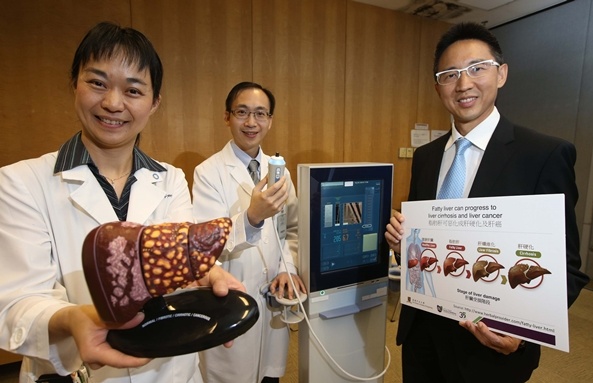
CUHK Conducts World’s Largest Study on Epidemiology of NAFLD in Diabetic Patients
CUHK has conducted the world’s largest study that examines the prevalence and progression of non-alcoholic fatty liver disease (NAFLD) in diabetic patients, in order to determine whether screening should be recommended.
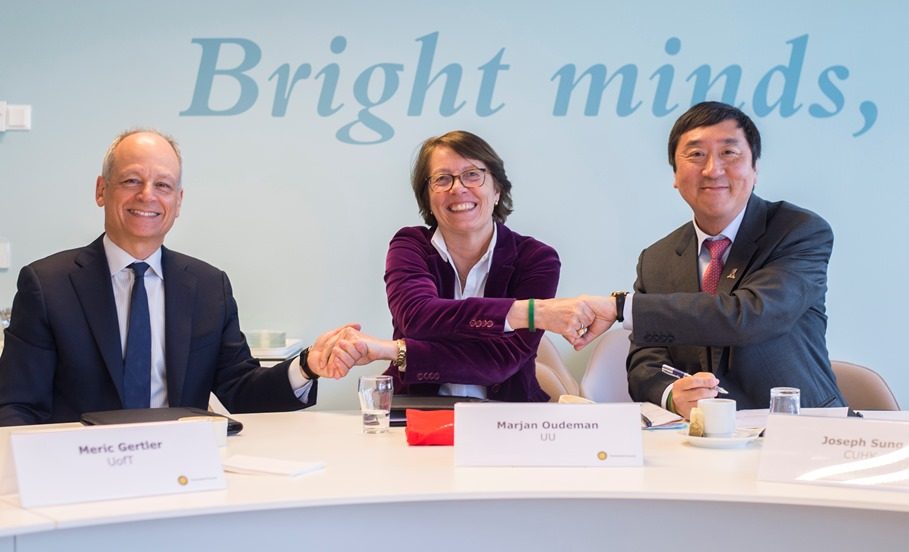
A Triumvirate from Three Continents: CUHK partners with University of Toronto and Utrecht University
CUHK forms tri-continental partnership with the University of Toronto and Utrecht University for innovative solutions on urban issues
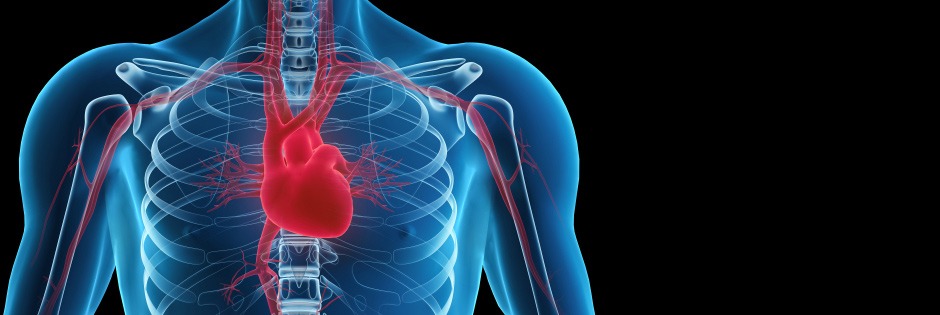
New study finds vitamin D3 improves heart function
A daily dose of vitamin D3 improves heart function in people with chronic heart failure, a five-year University of Leeds research project has found. Dr Klaus Witte, from the School of Medicine and Consultant Cardiologist at Leeds Teaching Hospitals NHS Trust, led the study, known as VINDICATE. He said: “This is a significant breakthrough for patients. It is the first evidence that vitamin D3 can improve heart function of people with heart muscle weakness – known as heart failure. These findings could make a significant difference to the care of heart failure patients.”
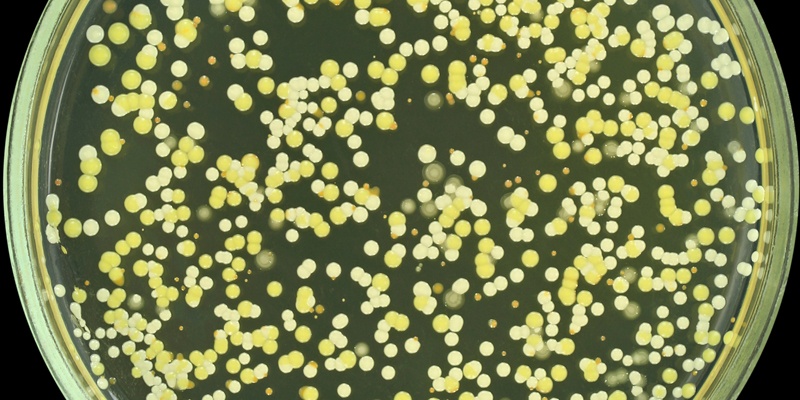
Unravelling the secret of antibiotic resistance
Scientists from the University of Leeds have solved a 25-year-old question about how a family of proteins allow bacteria to resist the effects of certain antibiotics. Proteins of the ABC-F protein family are a major source of antibiotic resistance in ‘superbugs’ such as Staphylococcus aureus, a group of bacteria that includes MRSA. The findings, published in the American Society for Microbiology journal mBio, provide the first direct evidence of how this family of proteins ‘protect’ the bacterial ribosome, the protein makers in cells, from being blocked by antibiotics.
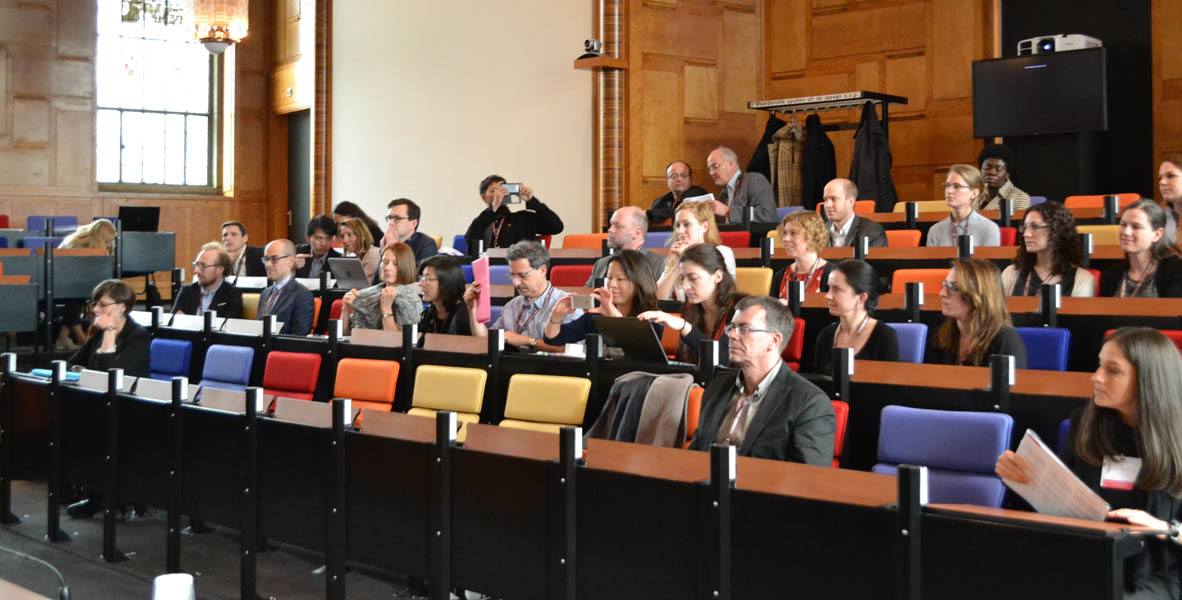
WUN Contributes to Global Policy Agenda in Maastricht
On 2-7 April, close to 400 academics and university leaders from around the world will descend on Maastricht for the WUN Conference & AGM 2016, hosted by Maastricht University.

WUN Global ‘Air Sensors Everywhere’ Campaign Launched
Environmental health science researcher Richard Peltier at the University of Massachusetts Amherst, with others around the world, is launching a series of webinars and events for a Do-It-Yourself, citizen science campaign called “Air Sensors Everywhere.” It aims to bring small air pollution sensors to the developed and developing world “to empower people everywhere to use low-cost pollution sensors to reduce pollution-linked disease.”

‘Quantum dots’ light the way for new HIV and Ebola treatment
A research team led by the University of Leeds has observed for the first time how HIV and Ebola viruses attach to cells to spread infection. The findings, published in the journal Angewandte Chemie, suggest a new way of treating these viruses: instead of destroying the pathogens, introduce a block on how they interact with cells.
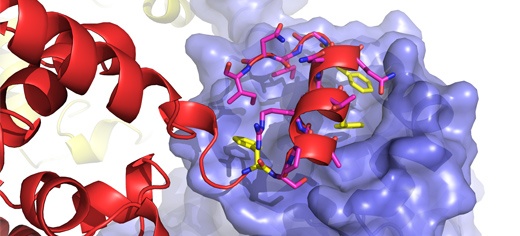
Using old drugs to treat new viruses
A group of drugs already in everyday use to treat psychosis or depression may also be used to defeat deadly and emerging viruses. Researchers from the University of Leeds found that common drugs in everyday use were successful in preventing a particular virus from infecting cells, by blocking the ion channels that regulate potassium levels in those cells.
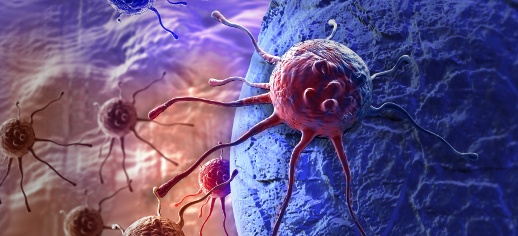
Finding the best treatment for bowel cancer patients
A new test could help patients with advanced bowel cancer get the best treatment for their disease. A Cancer Research UK clinical trial, run from the University of Leeds and St James’s University Hospital, studied almost 1,200 patients at hospitals all over the UK with advanced bowel cancer.
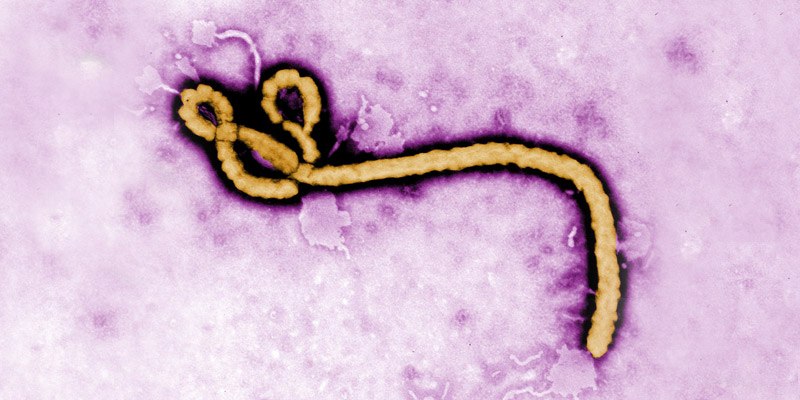
Researchers to use supercomputer to ‘hack’ Ebola
Scientists at the University of Leeds will run the equivalent of password cracking software to find the chemical keys to defeating the Ebola virus. A team from the University’s schools of Chemistry and Molecular and Cellular Biology have secured a £200,000 grant from the Wellcome Trust to find drugs to cure the disease. Although several Ebola vaccines are being developed, there are currently no effective anti-viral drugs to treat people once they get infected. This is a particularly serious issues because of barriers to implementing vaccine programmes in the most at-risk communities and the difficulty of predicting where the disease will strike next. The University of Leeds researchers will focus on finding anti-viral drugs.
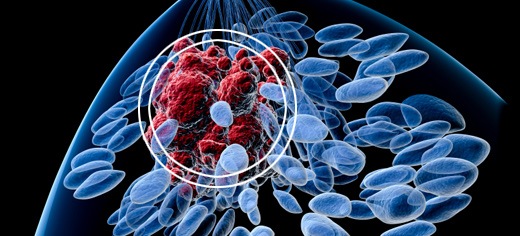
Breast cancer survivors could be vulnerable to common illnesses
Breast cancer survivors treated with chemotherapy could be vulnerable to common illnesses because of the long-term impact on the body’s immune response, according to new research findings. Chemotherapy is used to treat 30% of breast cancer patients and whilst previous studies have investigated its effects on immune systems during the therapy itself – and up to a short period after the last treatment – little is known about the long-term impact on immunity. Researchers from University of Leeds and Leeds Teaching Hospitals NHS Trust measured the levels of lymphocytes, a group of white blood cells involved in the body’s immune response, together with antibodies. They found that chemotherapy reduced levels of some immune system components for at least nine months after treatment.

Digital design to boost pharmaceutical industry
University of Leeds researchers are part of a project to transform the UK’s pharmaceutical industry by introducing new digital design processes. The £20.4 million ADDoPT (Advanced Digital Design of Pharmaceutical Therapeutics) project is a major four-year collaboration between the Government, industry and universities. It is expected to reduce the development time and cost of innovative medicines and improve the competitiveness of the UK’s pharmaceuticals sector.
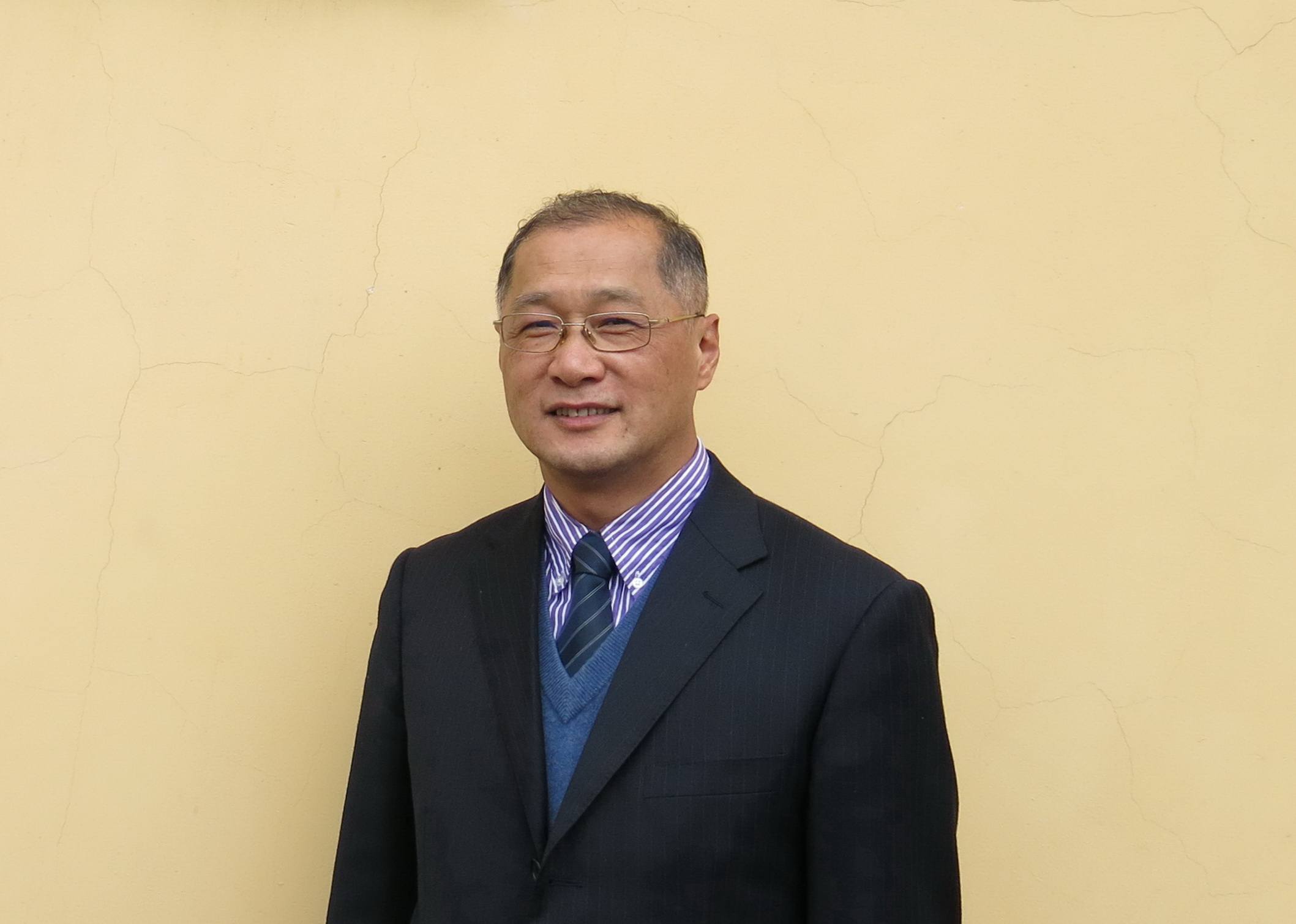
Study on Novel Glucose-Responsive Materials for GOX-Free Glucose Sensors
The researchers of the joint team from Zhejiang University, University of Leeds and University of York are currently exploring novel glucose-responsive materials for GOX-free glucose sensors which will be more sensitive and stable.
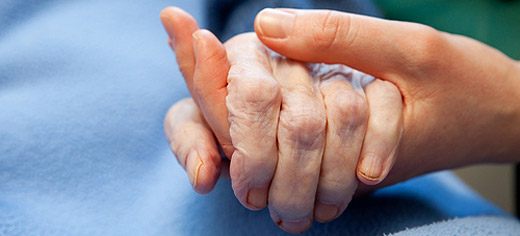
Many colorectal cancer survivors struggle to cope with daily life
Around 7,000 colorectal cancer survivors in the UK struggle to cope with daily life years after their diagnosis, according to new analysis led by University of Leeds researchers. The study, recently published in the Journal of Clinical Oncology and partly funded by Macmillan Cancer Support, shows that just under 1 in 6 (15%) people who survive a year to three years after a colorectal cancer diagnosis in England experience ‘social distress’, perceiving their daily social interactions to be severely negative or distressing.
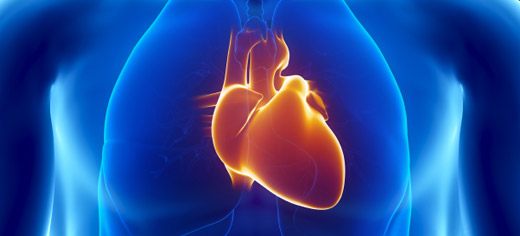
A fighting chance of survival: life-saving stents for heart attacks
A study of 300,000 heart attack patients, led by the University of Leeds, has found rapid rates in the uptake of a treatment which improves a patient’s chances of survival after a major heart attack. The research, part-funded by the British Heart Foundation and the National Institute of Health Research, showed the uptake of heart attack treatment gives nine in ten patients fighting chance of survival. The use of emergency stenting treatment (PPCI) increased from 0.1% in 2003 to 86% in 2013 for patients with STEMI – a heart attack caused by a complete blockage of a coronary artery which accounts for 25-40% of all heart attack cases in Europe.
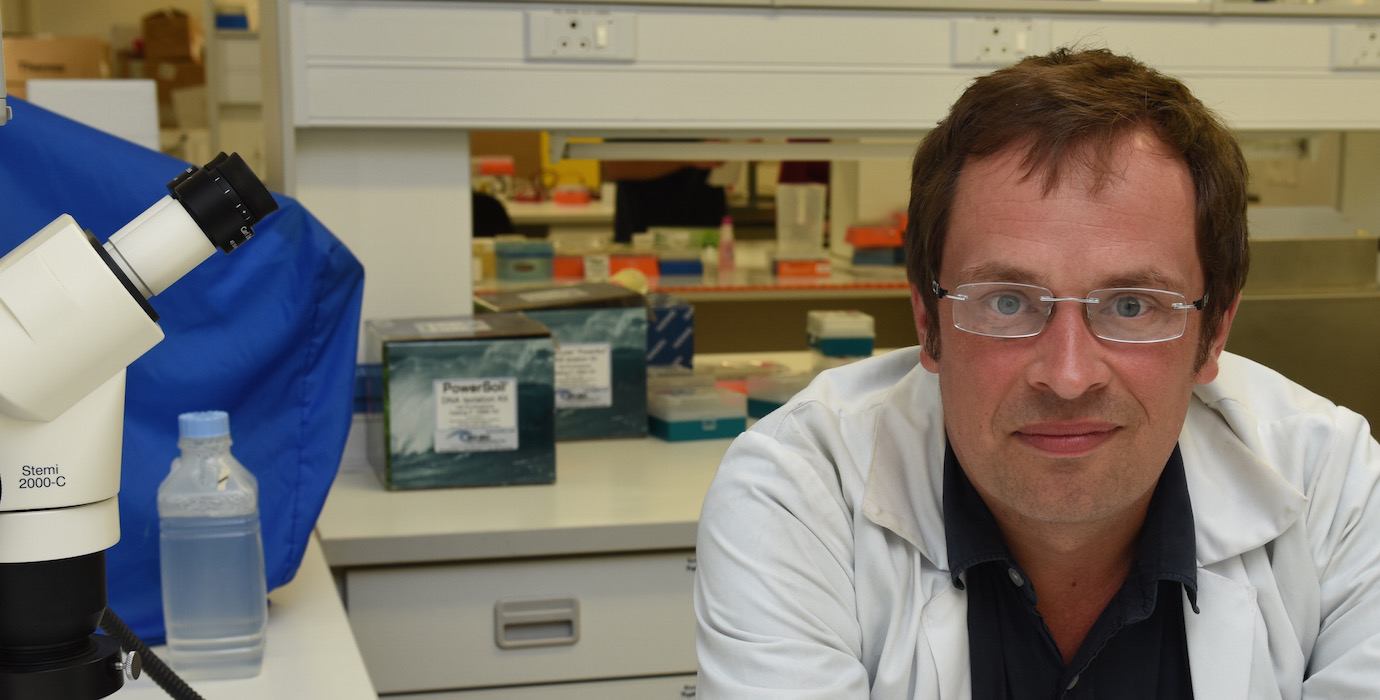
Parasitic worms: friends or foes?
Meet the UCT researcher discovering how parasitic worms can benefit human health.
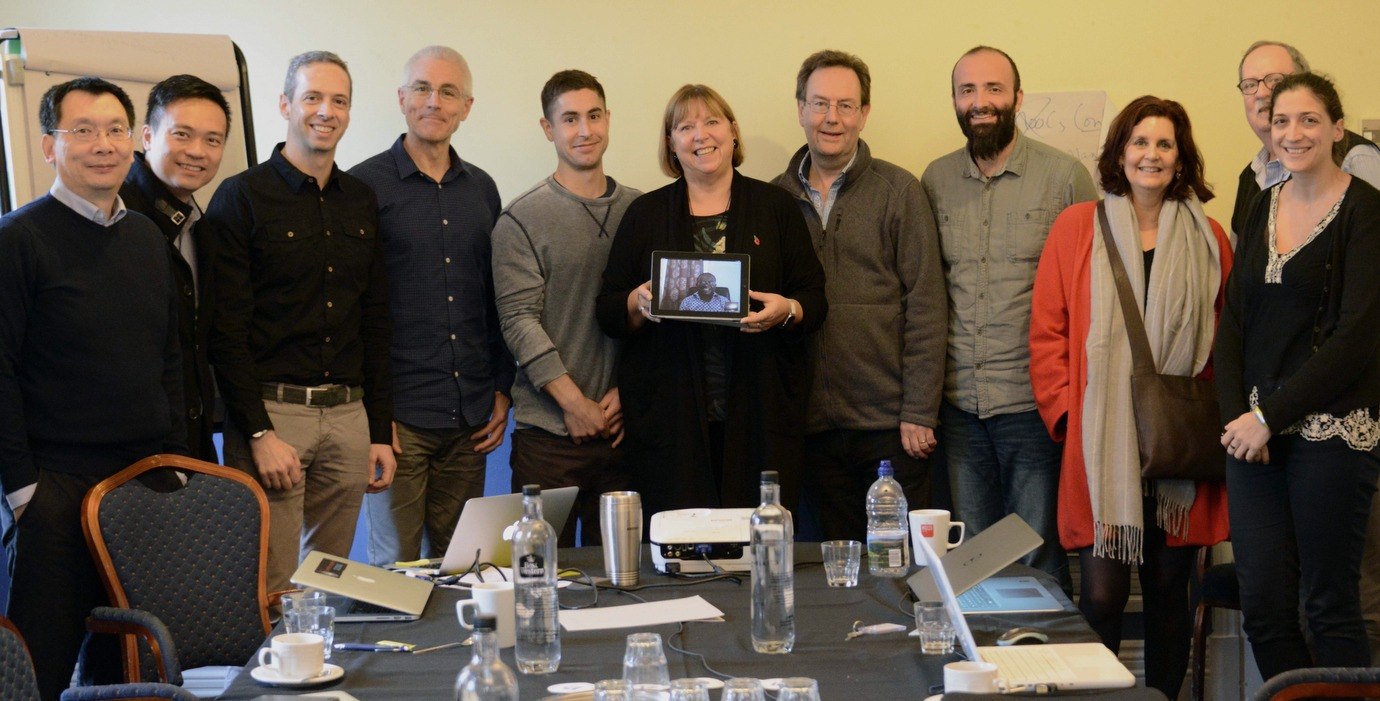
Inaugural Web Observatories Workshop Takes Place in Southampton
Much like the printing press, the invention of the world wide web has afforded us unprecedented opportunities for spreading information. Not only do we now have the capacity to share rich data sets online, we also have vast amounts of data about our online activity. However, without a proper framework in place, it is difficult to take full advantage of this rich information resource. There are currently multiple barriers to using this resource effectively, including accessibility of datasets, lack of comprehensive and shareable metadata, dataset identification and searching, access control and privileges, and analytics.

Leeds to be leading centre for precision medicine
The Leeds Academic Health Partnership (LAHP) has been involved in an initiative to bring a centre of excellence in precision medicine to the city, the government has announced. Precision medicine uses diagnostic tests and data-based insights to understand a patient’s disease more precisely and so select treatments with more predictable, safer, cost-effective outcomes. The UK’s research and clinical expertise, combined with government’s major investment in relevant research infrastructure, has placed it in a leading position in this area. The Leeds centre, which will run alongside other similar centres in Belfast, Cardiff, Glasgow, Manchester and Oxford, was compiled by the LAHP, a consortium that brings together ten statutory organisations in Leeds — the city’s six NHS organisations, its three universities and Leeds City Council – into a formal partnership.
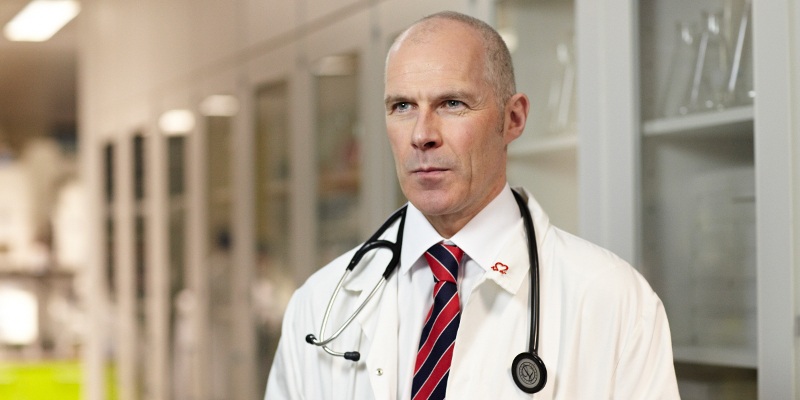
Reducing the risk of heart disease in people with diabetes
The British Heart Foundation (BHF) is investing £1.4 million in the University of Leeds to help counteract the risk of heart disease in people with diabetes. The new funding, announced on Friday 23 October, is part of the BHF’s new research strategy which commits to spending over half a billion pounds on research in the next five years. Professor Mark Kearney, from the School of Medicine, is leading a team looking at ways to help protect people with diabetes from an increased risk of cardiovascular disease.
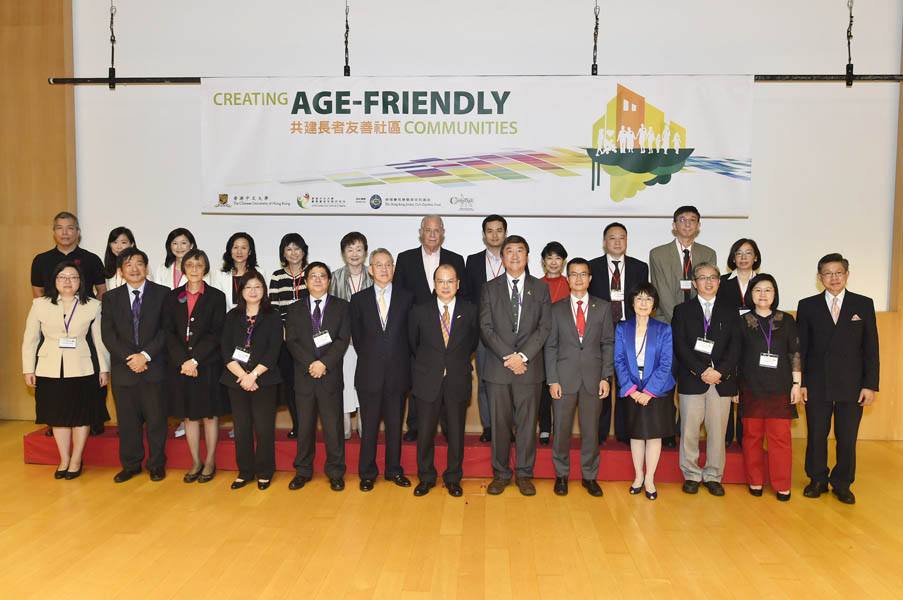
CUHK Jockey Club Institute of Ageing Holds Launch Conference on ‘Creating Age-Friendly Community’
The Chinese University of Hong Kong Jockey Club Institute of Ageing held a Launch Conference on ‘Creating Age-Friendly Communities’ on 8 October 2015 to enable experience sharing and discussion on various aspects of the theme. Topics covered in the conference included: Redesigning Communities for Aged Society, Frailty and Geriatric Syndromes, and Age-friendly Hospital and Service. The event attracted some 300 renowned academics in gerontology from the U.S., Singapore, Japan, mainland China and Hong Kong, as well as representatives from organizations working on improving seniors well-being and welfare.
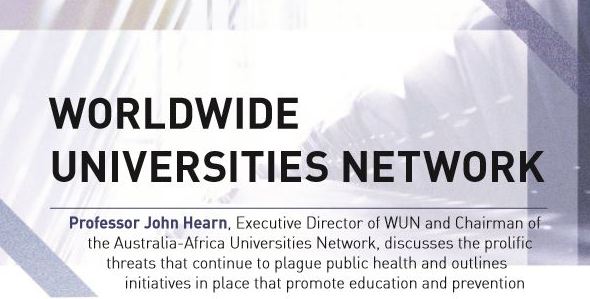
International Innovation: Promoting Education and Prevention in Public Health
Professor John Hearn, Executive Director of WUN and Chairman of the Australia-Africa Universities Network, discusses the prolific threats that continue to plague public health and outlines initiatives in place that promote education and prevention.
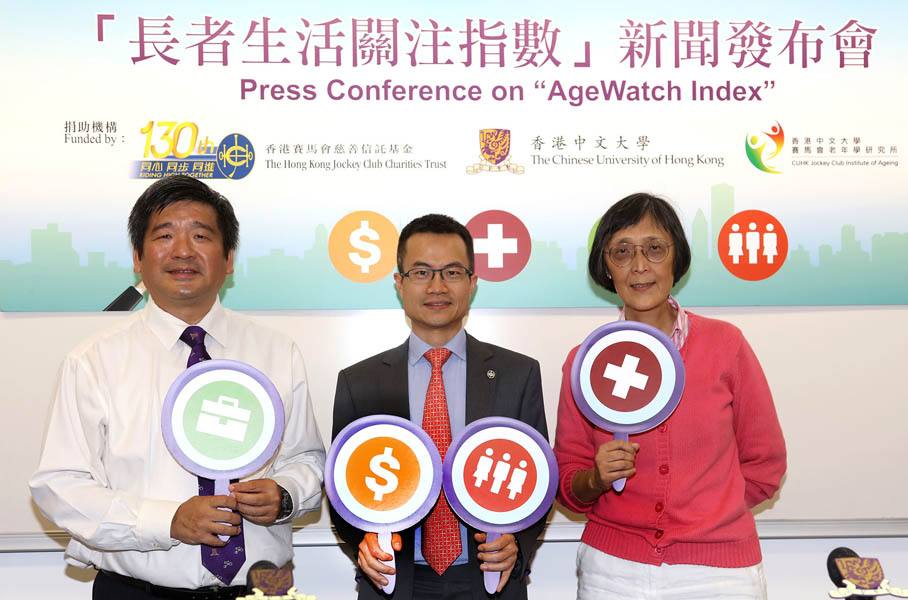
CUHK Jockey Club Institute of Ageing Ranks HK as 24th in the World in terms of Elderly Wellbeing
Based on the methods used to calculate the Global AgeWatch Index which measures the wellbeing of older people in the world, The Chinese University of Hong Kong (CUHK) Jockey Club Institute of Ageing, with support from The Hong Kong Jockey Club (HKJC) Charities Trust, revealed that Hong Kong ranked 24th among 97 countries or territories in 2014.
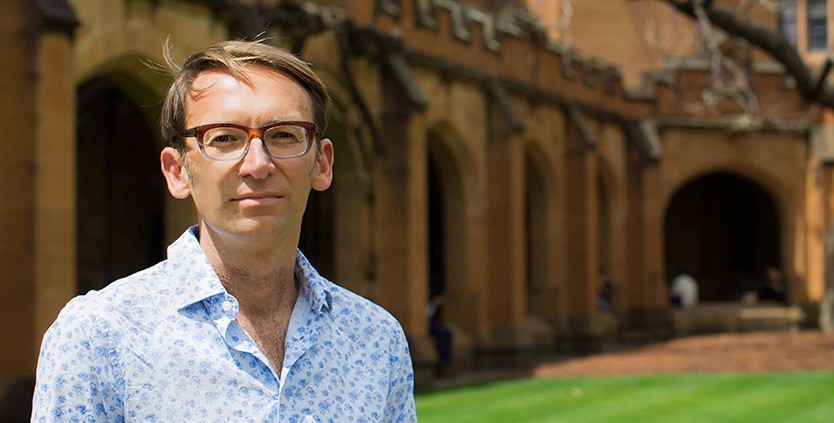
The mathematics of disease
Medical research and advanced mathematics are usually considered separate disciplines. But for one WUN collaboration, bringing maths and biology together could hold the key to understanding how cells in the human body signal to each other, and might potentially unlock the secrets of a range of non-communicable diseases.
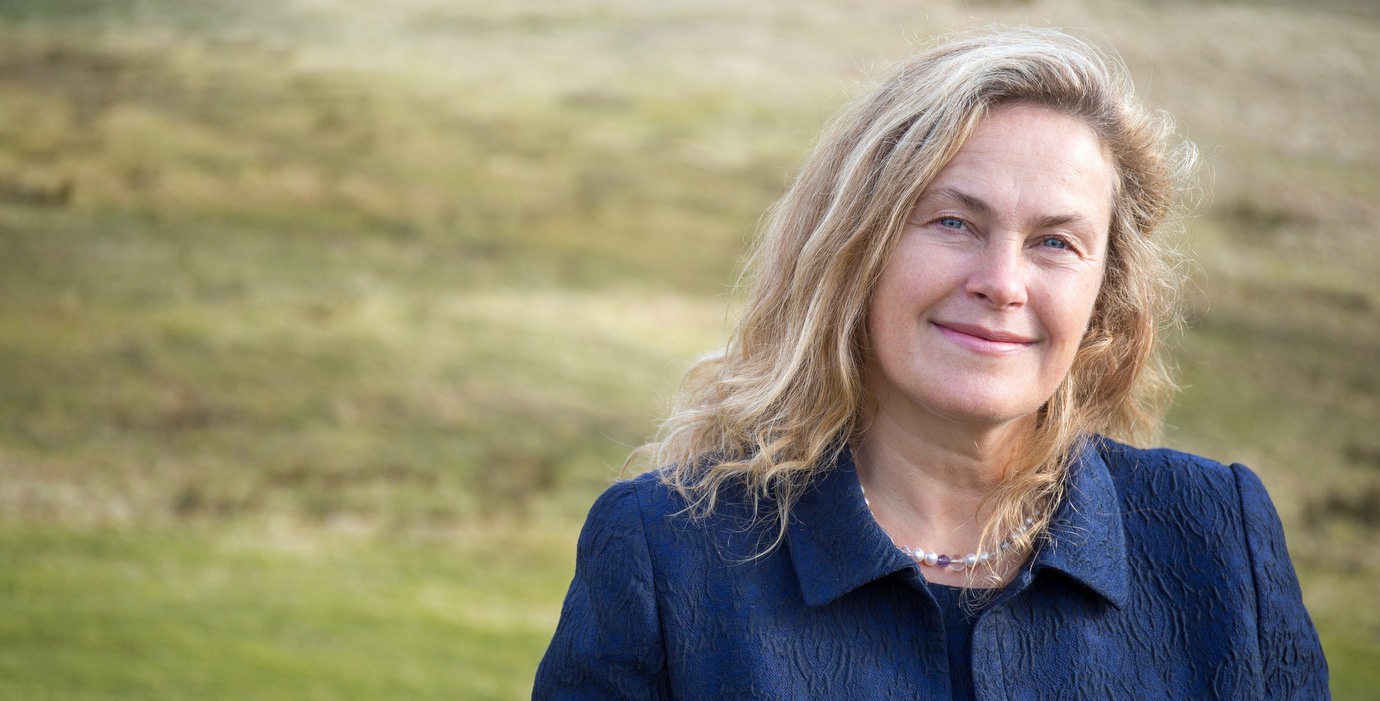
Preventing future pandemics
There has been a significant increase in asthma and allergies in high-income countries over the past few decades. These diseases are also increasingly prevalent in developing countries, which can substantially increase mortality rates since proper medication is often expensive. The causes of asthma and allergies are not well understood, and there is currently neither a cure or effective prevention. At the same time, parasitic infections have decreased and have known immunological effects.
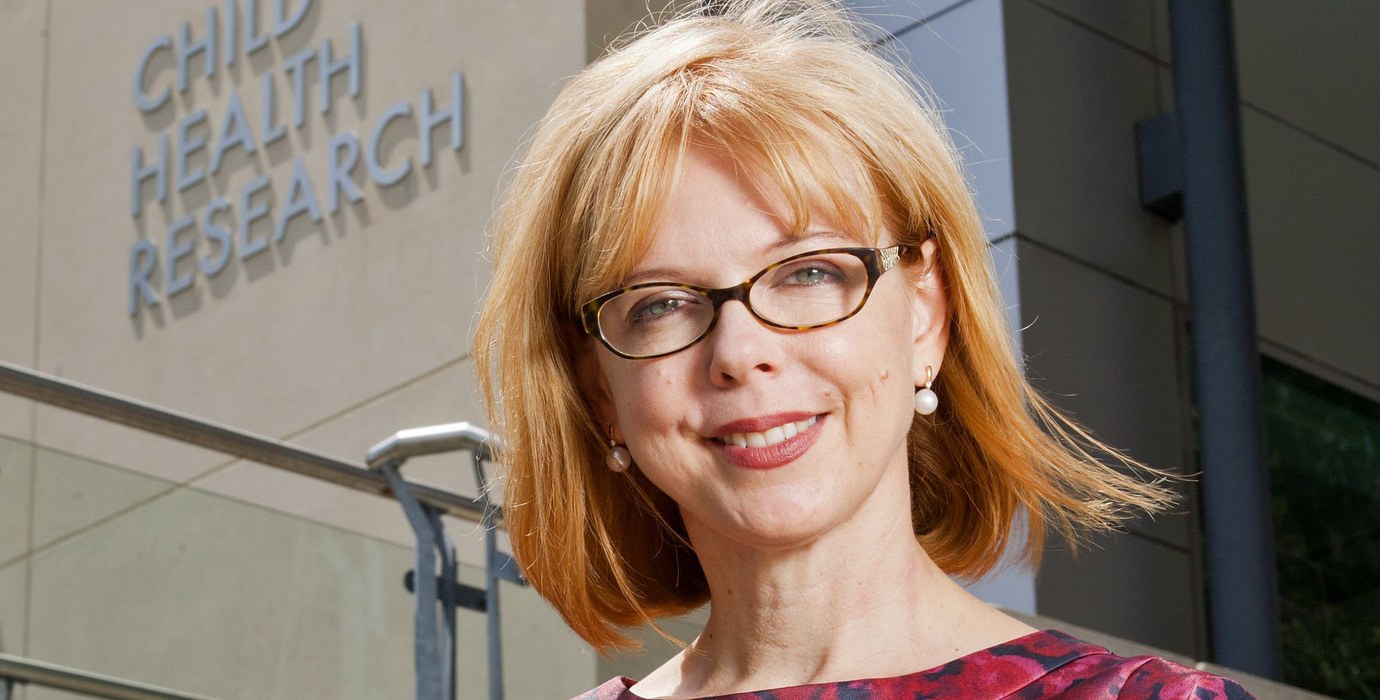
Early-life solutions to the modern health crisis
Non-communicable diseases (NCDs) such as allergies, asthma, cancer, diabetes and obesity are on the rise. Inflammation and immune dysregulation are common features of these conditions, often associated with environmental and lifestyle risk factors such as dietary patterns, environmental pollutants, microbial patterns and stress.
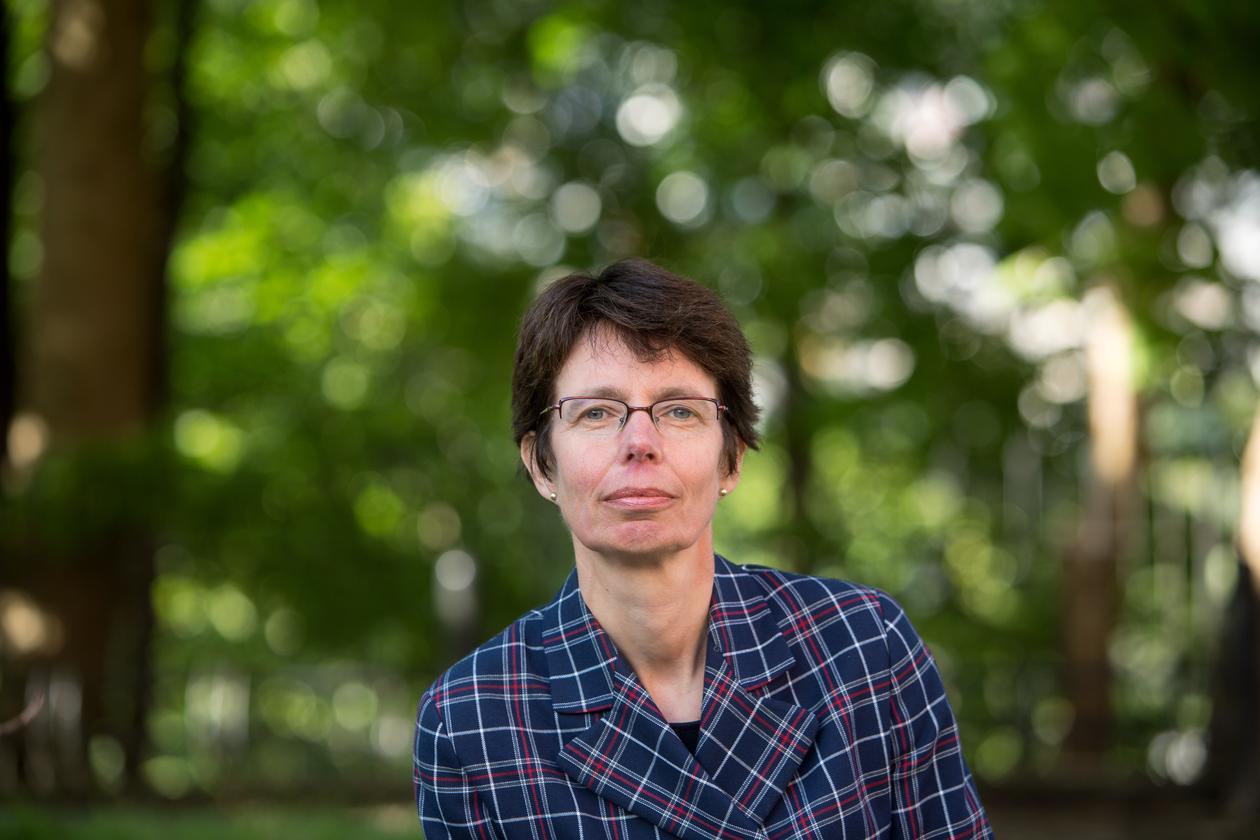
Vice rector of Bergen joins the WUN leadership
Anne Christine Johannessen takes over as chair of the Worldwide Universities Network’s Public Health Global Challenge Steering Group.

Research to prevent future pandemics
What is the connection between parasitic infections and allergies? This question is at the core of a new University of Bergen-led research project, which has received seed funding from the Worldwide Universities Network (WUN).
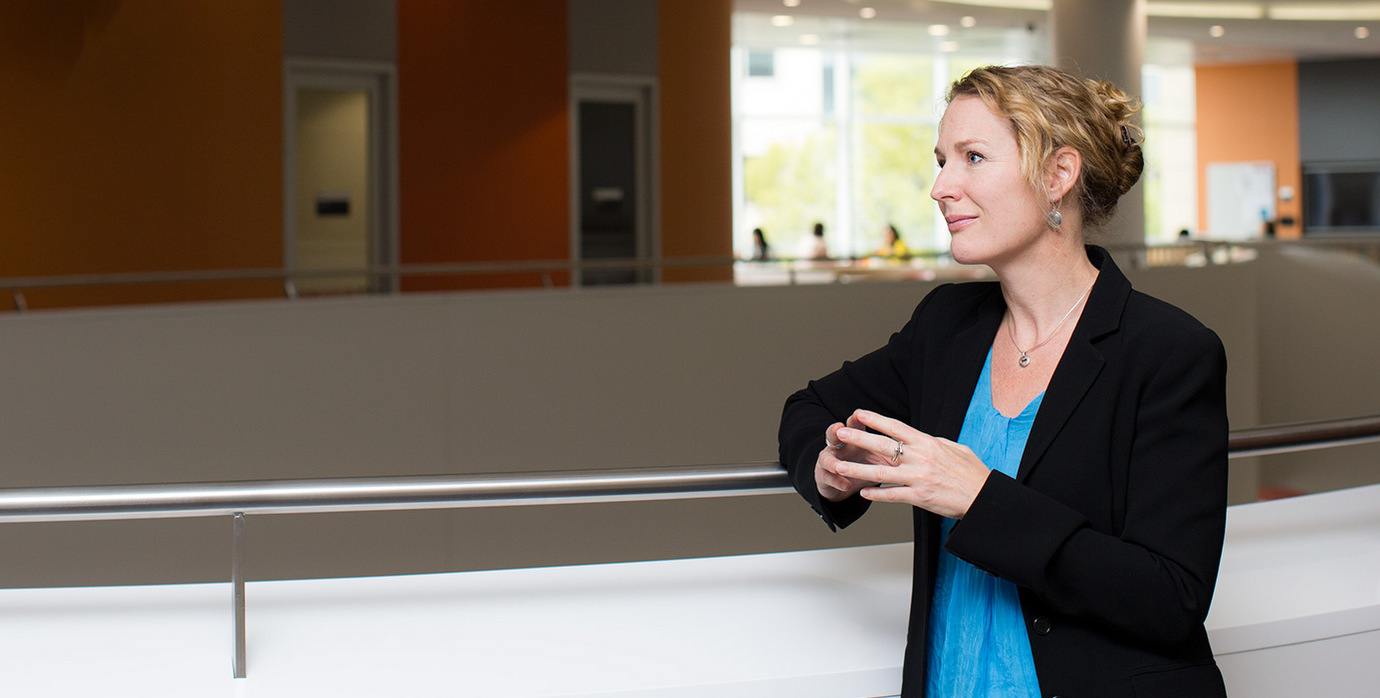
Creating the world’s first health literacy network
Health literacy is a relatively young field of research which focuses on people’s ability to understand health information and make decisions about their own health care. By helping patients to become more health literate, researchers hope to find ways to improve public health outcomes across low, middle and high-income countries.

Green vegetables could improve heart’s efficiency, blood supply to organs and reduce diabetes risk
In three independent studies, scientists from the Universities of Southampton and Cambridge have identified how a simple chemical called nitrate, found in leafy green vegetables, can help thin blood ensuring oxygen can be delivered to all corners of the body efficiently. Reducing the thickness of blood may also decrease instances of dangerous clots forming and reduce the risk of stroke and heart attacks.
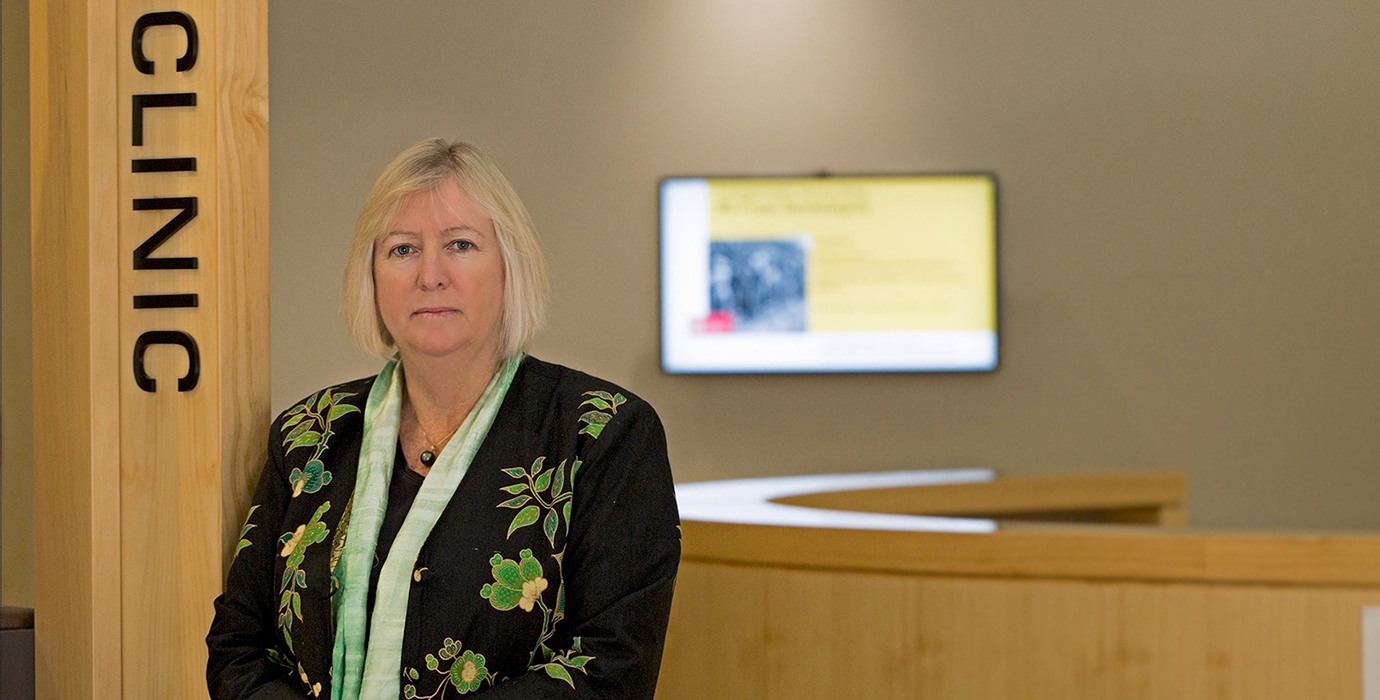
Building better health systems
Caring for the growing number of patients with non-communicable disease is a challenge faced by policy-makers and healthcare providers across the world. To tackle the issue, a team of WUN experts in healthcare system planning have come together to share their unique insights from across Canada, the UK and Australia.

Quantum leap as Southampton joins £120 million network to develop future quantum technology
The University of Southampton is part of a new £120 million national network of Quantum Technology Hubs, that will put its cutting-edge research in quantum sensors at the forefront of future technologies to drive the UK’s economy.

Autism: resources and challenges
Autism Spectrum Conditions (ASCs) are one of the most important emerging health concerns. Approximately one in every 100 children is diagnosed with an ASC, which includes autism, Asperger syndrome and atypical autism.
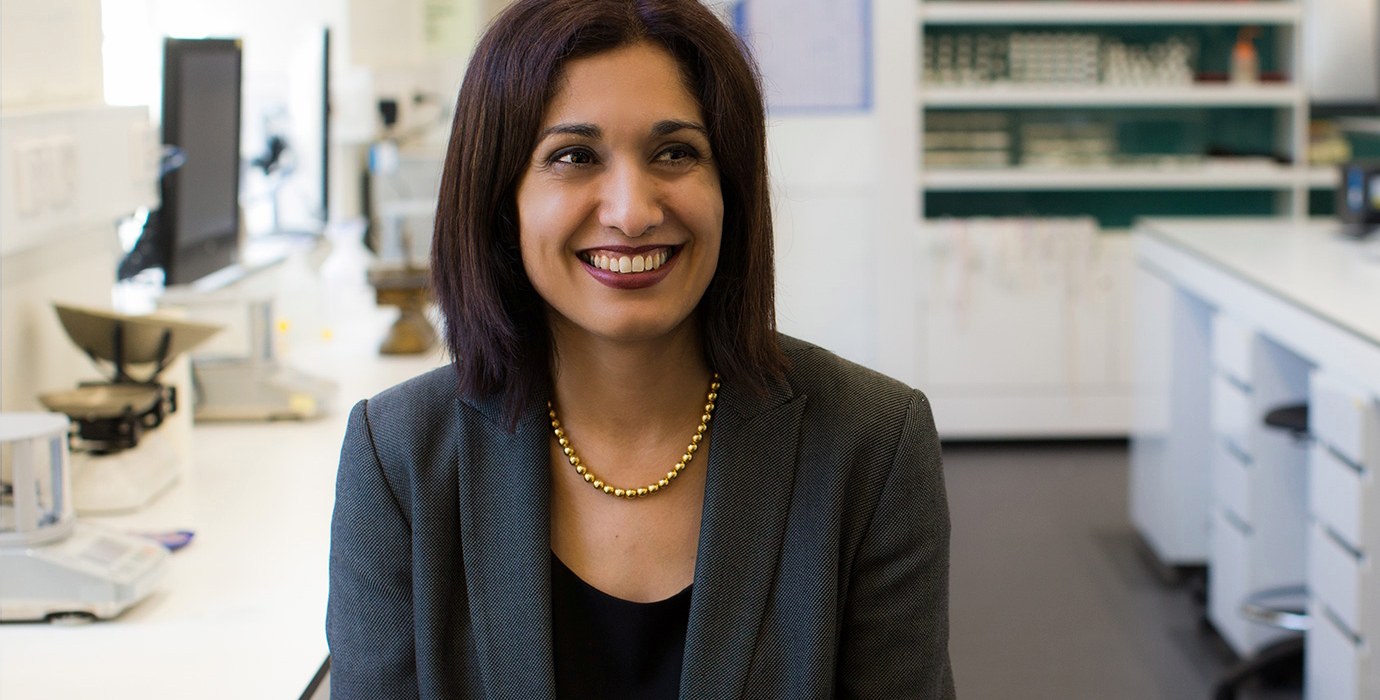
Making the most of medicine
While most medical research focuses on the quest for new treatments, much less attention is paid to how we can make better use of medicines that already exist. Yet up to half of patients don’t take long-term medicines as prescribed, which can result in serious harm or even death.

Work to improve children’s health should start before mother becomes pregnant
Researchers from the Medical Research Council Lifecourse Epidemiology Unit, University of Southampton, believe the key to making future generations healthier could lie before the mother becomes pregnant.

Third of countries struggling to meet the needs of ageing population
People around the world are living longer, but social policies to support their wellbeing in later life are lagging behind in many countries. This is according a new report by HelpAge International, developed in partnership with the University of Southampton.

Scientists develop tool to help communities stay environmentally and socially ‘healthy’
Geographers at the University of Southampton have developed a new way to measure the ‘health’ of poor regional communities. They aim to improve the wellbeing of people by guiding sustainable development practices to help avoid social and environmental collapse.

Women and health professionals spark new cycle of improving maternal and newborn health
Demand for better care by women linked with the expansion of basic services, rather than political pressure, has helped to improve midwifery services in low to middle-income countries, according to international research involving the University of Southampton.

Harmful drinkers would be affected 200 times more than low risk drinkers if a Minimum Unit Price was
A new study of liver patients by the University of Southampton shows that a Minimum Unit Price (MUP) policy for alcohol is exquisitely targeted towards the heaviest drinkers with cirrhosis.
